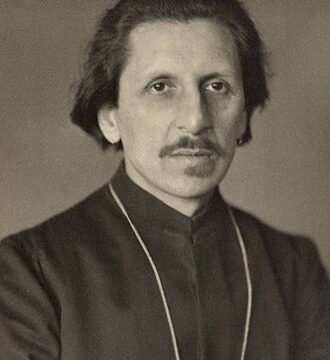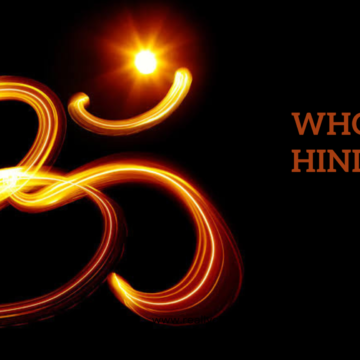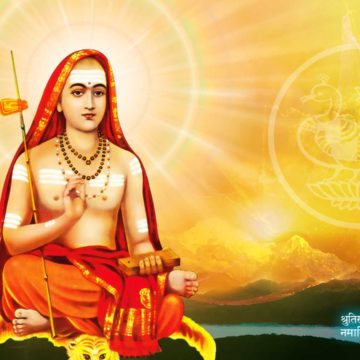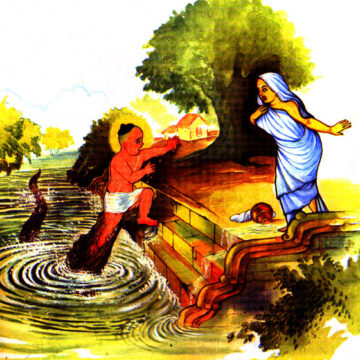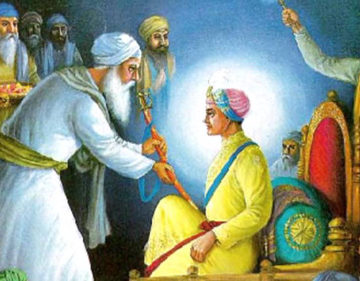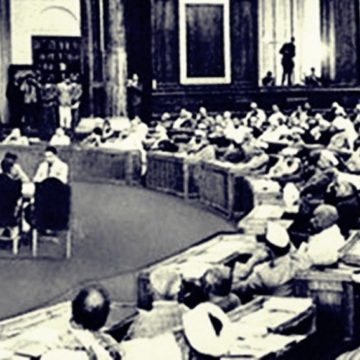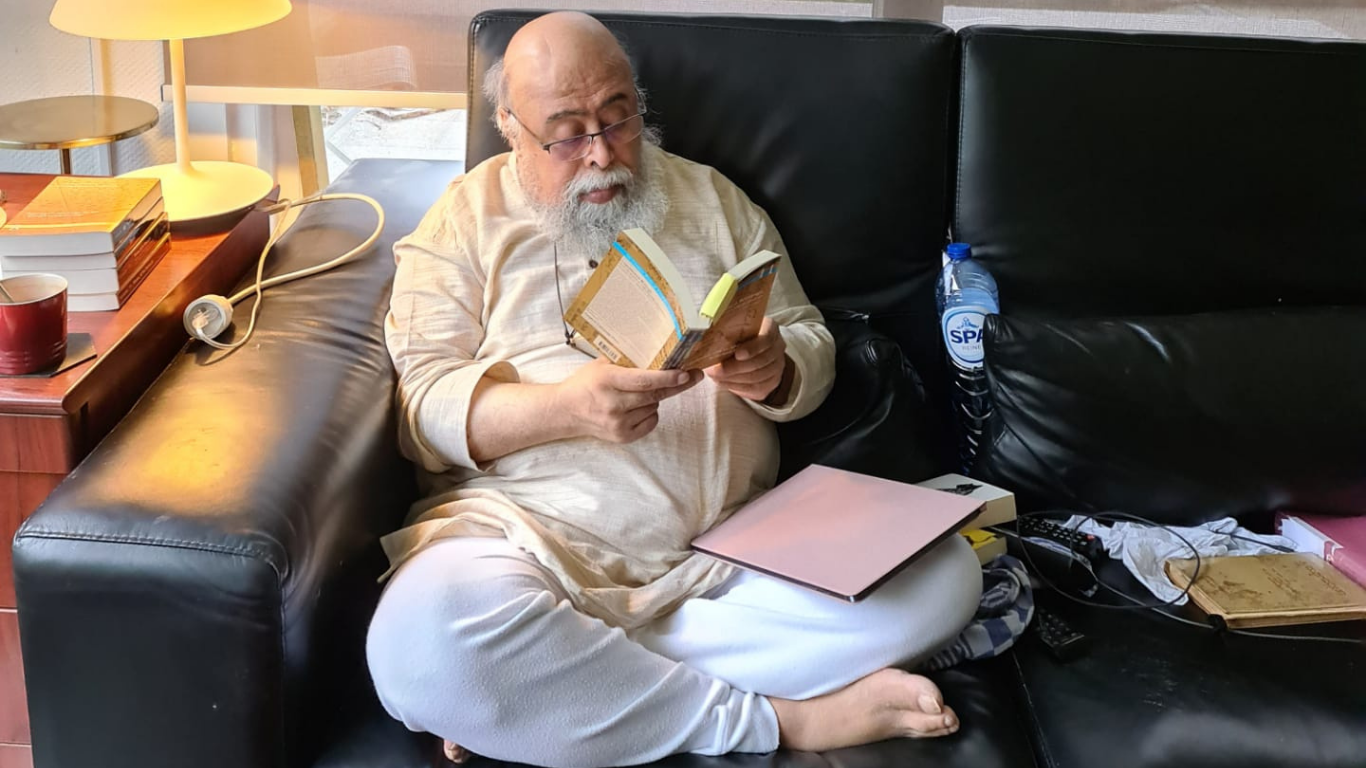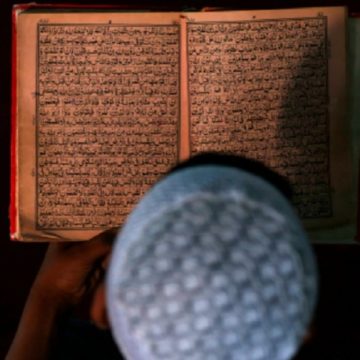Bhakti, as a profound spiritual path within Hinduism, encompasses the deep love, devotion, and surrender to the divine. While the term "Bhakt" has gained popularity in political contexts, its use as a label for followers of a particular leader is objectionable as it trivializes the spiritual essence of Bhakti.
Tag: religion
Ananda K. Coomaraswamy on Education in India
This article is a summary and paraphrasing of three of the important essays by Ananda K. Coomaraswamy on the English education of those times (Education in India; Memory in Education; and Music and Education in India).
These three brilliant essays appear in the book Essays in National Idealism. He wrote on an overwhelming variety of topics, which perhaps would require a lifetime of study for any individual.
The aim of this article is to stimulate readers to undertake a serious journey to the writings of Coomaraswamy, a person whose rediscovery means a lot to present India, confused by a mass of rhetoric eulogising the notions of "modernity" and progress.
The reality of a hundred years ago, that he highlights in these essays, is unambiguously still relevant to India, with its acceptance of both the English language as the major medium of instruction and secularism as the guiding principle of our curricula.
Hindu, Hinduism, Hindudtva – Part 2
In the second part, Dr. Pingali Gopal discusses the evolution of political Hindutva after independence, and sheds light on the failure to define the basic terms as we struggle with the alleged rise of ‘Hindu fundamentalism'.
Hindu, Hinduism, Hindutva – Part 1
Who exactly is a ‘Hindu’ and what are ‘Hinduism’ and ‘Hindutva’? Does it mean the land (geography), ancestral roots (history), or a shared culture?
Dr. Pingali Gopal tackles this proverbial bull by the horns, systematically looking at attempts to define and distinguish ‘Hinduism’ and ‘Hindutva’ by Western thought, the Indian liberal elite, and practising Hindus.
Śaṅkara Charitam – a re-telling – Chapter 09
In the 9th Chapter of Śaṅkara Charitam, Shri Ramesh Venkatraman takes us to the moment of Śaṅkara's Saṃnyāsa. The unfolding of events is captured; as well as the pre-requisites, eligibility and implications for Śaṅkara after taking the pledge of Saṃnyāsa.
Śaṅkara Charitam – a re-telling – Chapter 08
In the 8th Chapter of Śaṅkara Charitam, Shri Ramesh Venkatraman leads us to the events preceding and foreshadowing Śaṅkara's Saṃnyāsa.
Meeri-Peeri In Sikh Panth
Meeri-Peeri is one of the most important principles of Sikhism; Devendra Sharma takes a deep dive into the history of Sikhism to the point of origin of Meeri-Peeri and investigates how far-reaching its effects are on the psyche and conduct of the Sikh Panth.
The Constituent Assembly And Its Approach To Religion
The makers of the Indian constitution were focused more on controlling Hinduism than allowing it the freedom given to other religions.
India: The land of traditions, not religions(Part 1)
According to Dr. SN Balagangadhara, the framework to define a religion as done by Semitics does not apply to Indic religions as they more akin to traditions.
The Petition has served a great purpose
The petition against the Quran served to wake Hindus up from their slumber.


